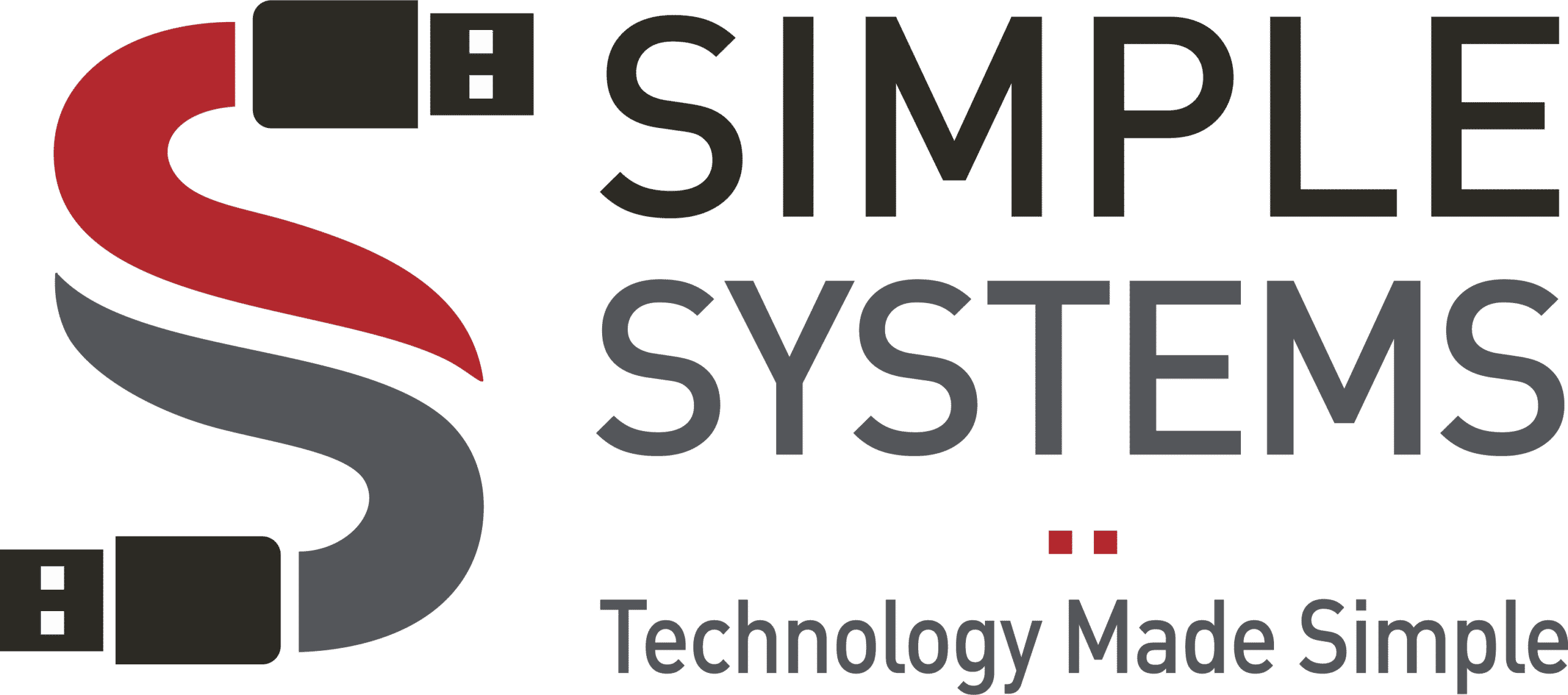In a world where digital threats loom larger by the day, the National Institute of Standards and Technology (NIST) stands as a stronghold against cyber insecurity. NIST compliance doesn’t just ensure best practices—it shapes the cybersecurity landscape and ensures that businesses and government entities alike can fend off cyber threats with cutting-edge defenses.
What Is NIST Compliance?
At the heart of NIST’s contribution to cybersecurity lie two pivotal documents: NIST Special Publication 800-171 (SP 800-171) and NIST Special Publication 800-53 (SP 800-53). These publications serve as the bedrock of information security as they guide entities to protect Controlled Unclassified Information (CUI) and manage cybersecurity risks.
- NIST SP 800-171: Tailored for non-federal systems managing CUI, this document is crucial for government contractors. It details 14 families of security requirements, covering access control, incident response, and system integrity.
- NIST SP 800-53: This comprehensive framework is designed primarily for federal information systems, except those related to national security. It offers an extensive catalog of security and privacy controls, designed to protect organizational operations and assets against numerous threats.
NIST equips organizations with a framework that protects sensitive government information. Adopting these compliance positions your business at the forefront of cybersecurity practices.
According to DFARS, Compliance Isn’t An Option
The Defense Federal Acquisition Regulation Supplement (DFARS) is a set of cybersecurity regulations and security controls that entities must adhere to when processing or storing defense-related data. And of course, DFARS mandates compliance with NIST—specifically focusing on the requirements detailed in NIST Special Publication (SP) 800-171.
Demonstrate your commitment to safeguarding national security information by aligning with DFARS. This isn’t just a regulatory step—it’s a bold statement of credibility and reliability in handling sensitive data. Plus, you must be DFARS compliant to maintain your eligibility for government contracts and meet contractual obligations.
Unlock the Business Benefits of Compliance
NIST compliance doesn’t just benefit government entities. It also empowers your business:
1. Enhanced Cybersecurity Posture and Protection
When you align with NIST regulations, your business is better equipped to defend against cyber threats and attacks. Ensure the proper safeguarding of sensitive data with powerful security controls.
2. Competitive Advantage in Bidding for Contracts
By demonstrating compliance with NIST, your business stands out from competitors who may not have taken the necessary steps to secure CUI. This can give you a competitive edge when bidding for government contracts.
3. Increased Trust and Credibility
In today’s digital age, protecting sensitive data is crucial for maintaining trust with government agencies and partners. Compliance shows your commitment to cybersecurity best practices and protecting valuable information.
4. Streamlined Processes and Improved Efficiency
NIST provides a framework for organizing and implementing security measures. By following these guidelines, businesses can streamline their processes and improve efficiency while maintaining a high level of security in handling sensitive government information.
Reap the Benefits With Simple Systems
Achieving and maintaining NIST compliance can often feel like navigating a labyrinth—complex, time-consuming, and fraught with potential pitfalls. It’s a daunting task that requires significant resources, expertise, and time. So how can your business ensure compliance without diverting focus from its core objectives?
This is where Simple Systems comes in. Our team of experts can guide your business through the complex process of achieving full compliance and unlock the full potential and benefits that follow. Contact us today to learn more.


